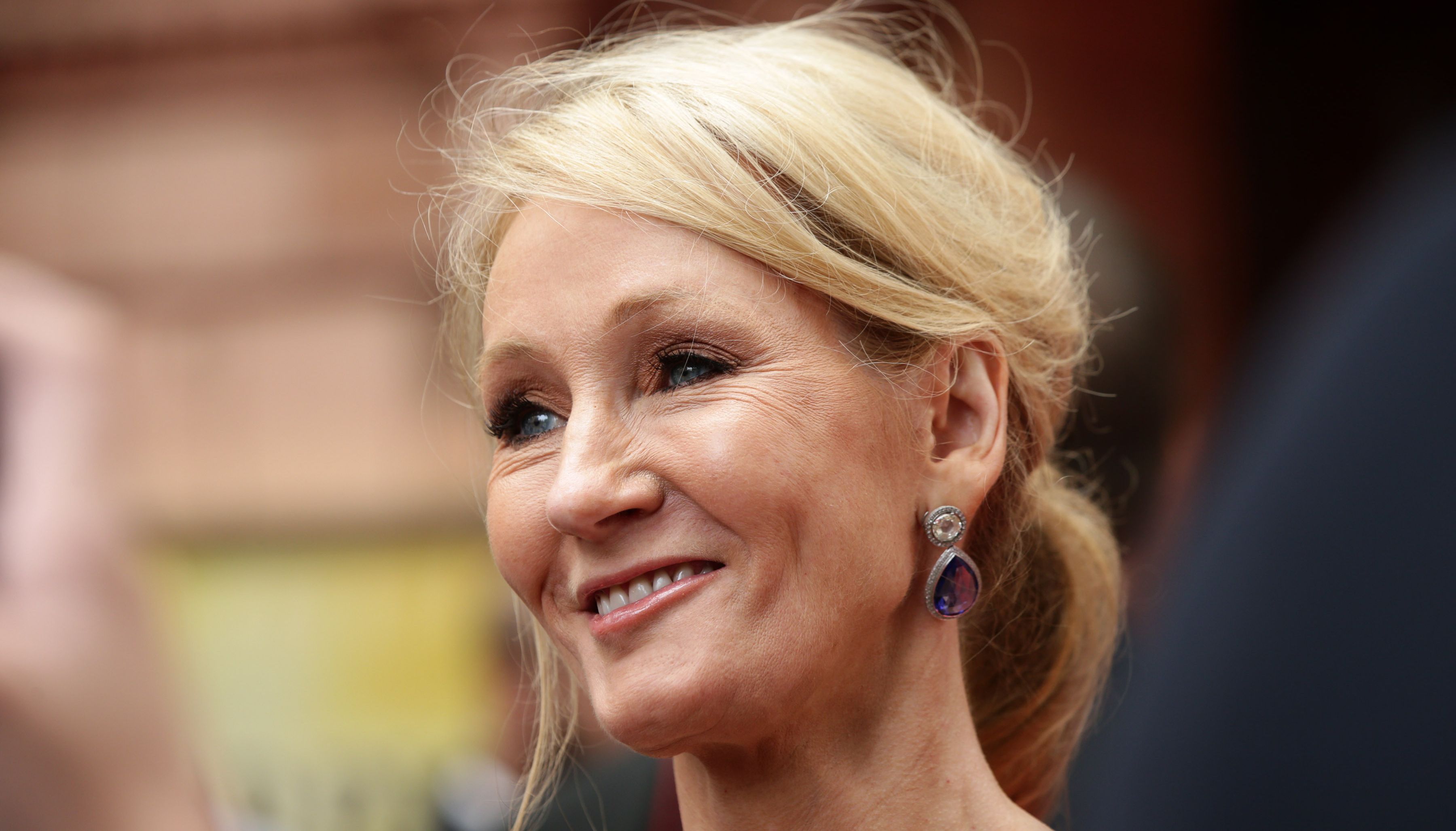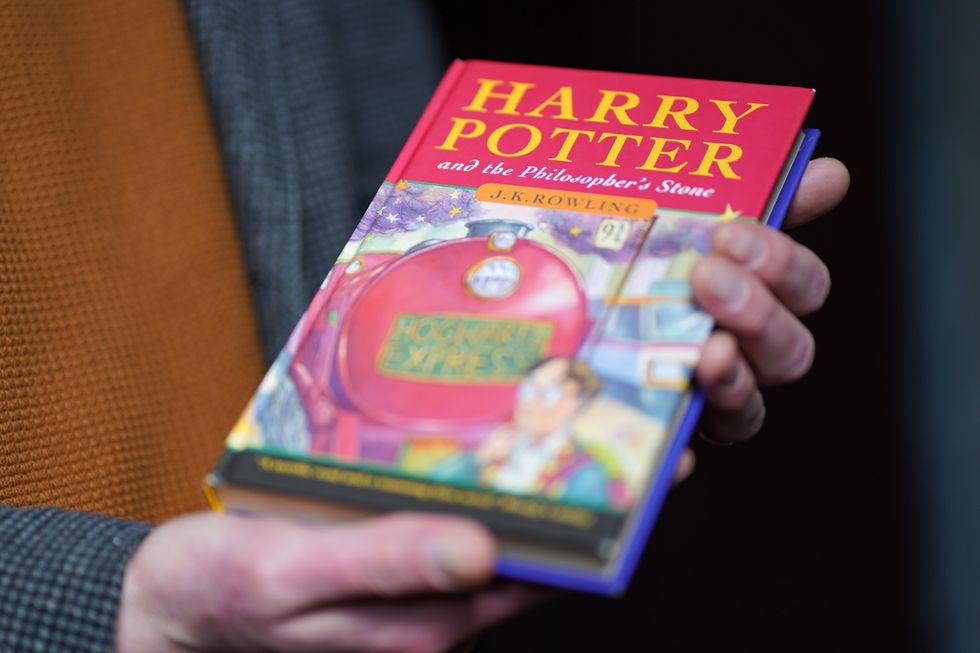The University of Chester is one of several institutions to place a trigger warning on books written by JK Rowling
Don't Miss
Most Read
Trending on GB News
Students are being done a “disservice” after universities placed trigger warning on books such as Harry Potter.
Universities Minister Michelle Donelan says there is lack of common sense over the issue.
The University of Chester is one of several institutions to place trigger warnings on books written by JK Rowling, who has been criticised for her views on women’s rights.
Ms Donelan said: “Harry Potter is actually a children’s book. Fundamentally it is probably a multimillion-pound industry that has been franchised into films. To say that we need to protect some of our brightest and our best from the likes of Harry Potter is to not only do our universities a disservice but to do our students a disservice.
Yui Mok
“And it’s not the way to ensure that they can enter the world having those skills at their fingertips – the ability to challenge, to be critically astute – and that’s certainly not the interpretation that I’d had talking to students, that they want or they need this from their universities.
“Students have to be able to live in the real world once they graduate university.
“There are no trigger warnings every day as you operate. I’ve not met students who have called for these trigger warnings either. They are not the issues that students are bringing up to me – they’re bringing up sexual harassment, they’re bringing up antisemitism."
Ms Donelan said for universities that have not yet signed up to the International Holocaust Remembrance Alliance (IHRA) definition of antisemitism, it “makes you question whether they are getting their priorities right”, adding that universities should focus on tackling harassment and antisemitism rather than looking at trigger warnings on content.
She added: “I think their priorities, fundamentally, should be the welfare, the wellbeing and the education of students.”
Jacob King
She added that there is “an undeniable link between quality and free speech”, noting that 86 percent of Nobel Prize winners come from countries with the highest rating for academic freedom while just one percent are from countries with the lowest rating.
She noted: “Vice-chancellors need to ensure that they’re not on the wrong side of history on this. We want them to proactively be supporting their members of staff – they may face criticism but certainly shouldn’t face harassment when they put forward their views and their academic research.”
On Tuesday, Ms Donelan told a meeting at the Policy Exchange think tank in London that supporting free speech is “no longer enough” and it is “something that has to be actively defended”.
She added: “Where would we be now if the views of 100 or even 200 years ago had never been challenged? As a woman, I doubt I would be a Member of Parliament, let alone the Minister for Higher and Further Education.
“But, sadly, where once we found critical debate and arguments which were run on their merit, today we have seen an upsurge in physical threats and complete intolerance of opposing ideas.”
She said professors have been “harangued and hounded just for doing their jobs” and “prominent, well-respected guests no-platformed”.
Academics are “self-censoring themselves” in this climate, she added.
Ms Donelan added that graduates will lose out from this over the long term.
She concluded: “Who would you rather employ – an inquisitive, critical, open-minded graduate, or a self-contained cookie-cutter graduate who is afraid to be challenged or confront new ideas?”










